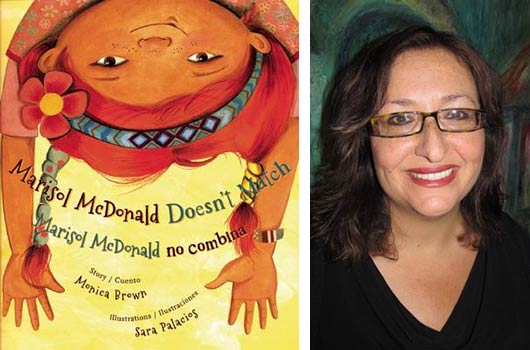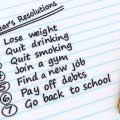
Depression can be life-changing. It’s not your average case of the Mondays, or a bad hair day. It’s not sadness, or short bouts of typical depression brought on by life’s circumstances. It’s feeling like your body is made of lead, not wanting to get out of bed and shower, thinking your existence is meaningless and sometimes, wanting to die and even getting to the point of actually trying to take your life.
How do I know? Because I’ve been there. As a recovering alcoholic, my addiction went hand in hand with depression. I can still remember feeling like a cold hand was gripping my heart, the listlessness, the mental fog and the existential darkness. At first I felt helpless and thought I would not be able to smile or feel joy, ever again. But in time and practicing a variety of approaches, I made friends with my illness and learned to live with it. I am no longer in that dark place, although I have bad days, and I want to tell others who may still be in the grips of despair that it is possible to climb out. It is possible to laugh again. But you need to always be vigilant and ready for when it creeps up again unexpectedly. The first step towards recovery, I know, is to understand your condition and accept it.
WHAT IS CLINICAL DEPRESSION?
Most of us have felt sad or even depressed at some time or another. It´s normal to feel this way after a loss, a life-altering roadblock or severe illness. However, when these feelings last for weeks, months or even years, we are talking about clinical depression.
WebMD cites clinical depression symptoms as:
- A depressed mood during most of the day.
- Fatigue or loss of energy.
- Feelings of worthlessness or guilt.
- Impaired concentration.
- Insomnia or hypersomnia (excessive sleeping).
- Markedly diminished interest or pleasure in almost all activities.
- Recurring thoughts of death or suicide.
- A sense of restlessness.
- Significant weight loss or weight gain.
Read Related: How to Find Low-Cost Mental Health Care Without Insurance
HOW TO MAKE FRIENDS WITH YOUR DEPRESSION
Once I understood my tendency toward depression, I learned to live with it. When it flares up, I acknowledge it and don’t allow myself to be engulfed, paralyzed or wallow in it. Instead, I have an action plan. I’ve found that having a hobby such as drawing or painting not only soothes me but helps me express my sadness on paper. Not surprisingly, I feel much better afterwards. It’s cathartic. Another outlet for me is writing. I don’t write about how I´m feeling, but about any other subject that moves me deeply. My feelings are so deep and intense at those times that I can spend hours pouring my heart out. I realize that’s when I´m most creative.
There is an upside to depression. By understanding your natural tendencies, you become more empathetic with others. I don’t think I would be as sensitive to others if I hadn’t had my own personal experience with depression. Now, I encourage others to make friends with their illness, lose the stigma and instead of getting stuck in destructive behaviors, find a creative, healthy outlet for their feelings.
OPTIONS FOR DEALING WITH DEPRESSION
You may use some or all of the below, and while every situation is different, it’s good to know what your options are.
- Talk therapy
- Medication
- Alternative Treatments
- Occupational Therapy
- Exercise & Sports
However you choose to deal with it, if you know you are prone to depression, and embrace it, you are more likely to succeed in making it work for you, instead of against you. If you or a loved one is suffering from depression, get help as soon as possible. There is life after it, and even during depression.











